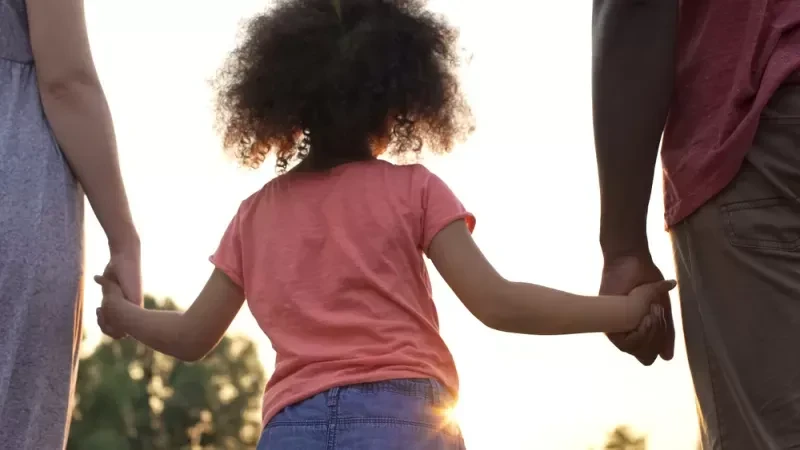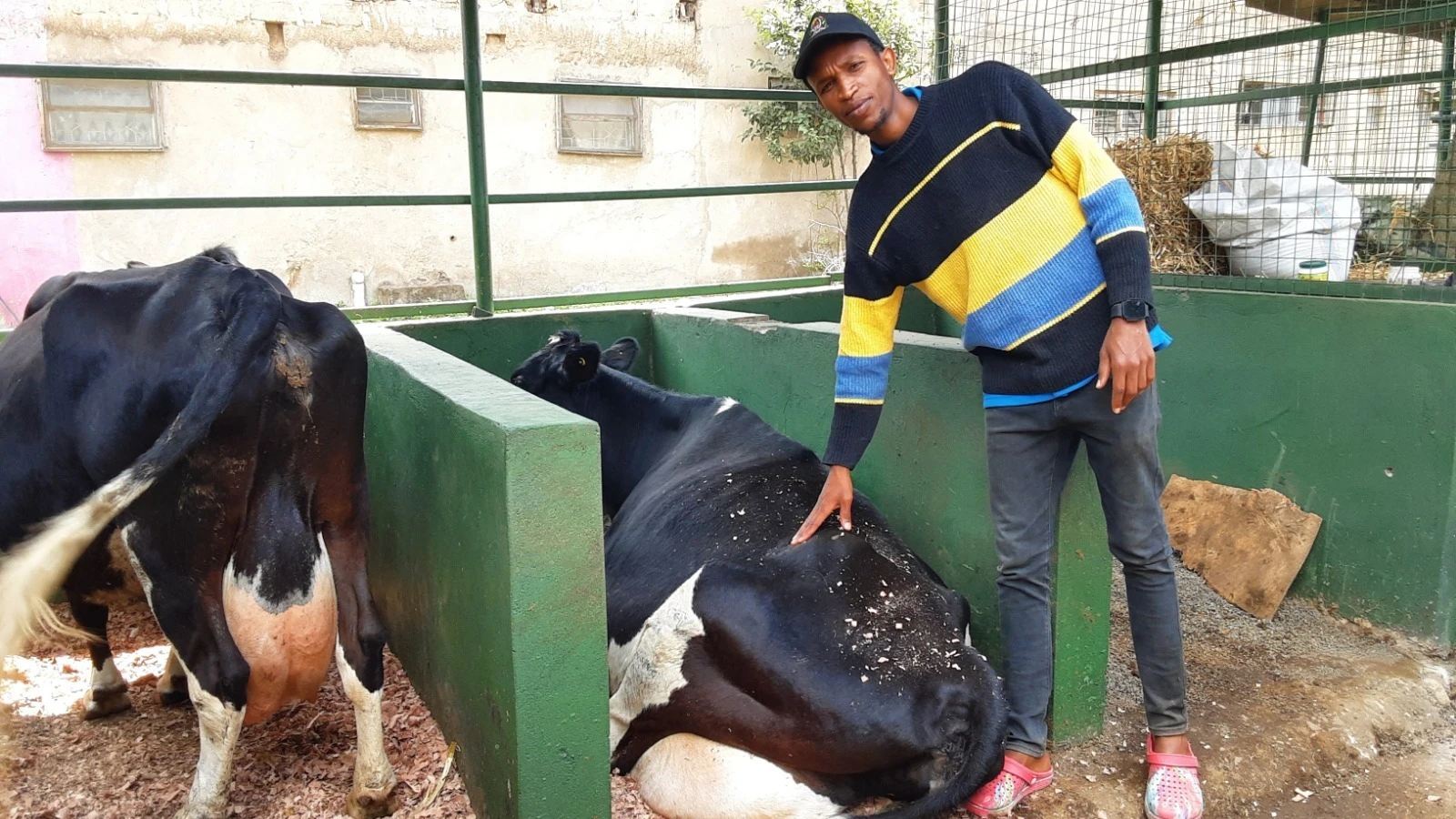Positive upbringing linked to happy, healthy, fulfilled adulthood

ALMOST all senior citizens everywhere complain about the behaviour of young people, and almost all young people too complain about the behaviour of senior citizens, who see young people as lacking social etiquette (a code of social conduct), or persons who were not brought up well due to various reasons, mainly family reasons. They see young people as a threat to them.
Some of the young people use foul language and don’t care whether they are in the presence of children, peers or senior citizens. They drink excessively, use drugs, are promiscuous and instead of working spend all their time betting on national or international football teams and gambling. Some of them lead loose and dissolute lives. Others behave well as they know what they are supposed to do and do it.
Young people too blame all socioeconomic evils on senior citizens because some of them when they were working were in the positions of authority, but have done nothing to improve social services and people’s standards of living. Instead, they have contributed considerably to the poverty trap people are in families and in the country. They have failed to bring about development despite the fact that they spent many years in positions of authority.
Young people want senior citizens who are still working to let young, innovative, and energetic blood to take over for their time is gone. Sometimes they tell senior citizens their time is over, and their ideas are old-fashioned and irrelevant to both current and future generations. They hardly listen to senior citizens for any meaningful advice because they see that they have nothing to offer to today’s fast evolving world.
What senior citizens complain about young people can be associated with upbringing – the way they have been groomed, including seeing, hearing and internalising what is happening in and around them. The upbringing of children needs to change so that they are brought up in a more friendly and enabling environment because it is only through this that they can appreciate values that make them good persons.
The UN Economic and Social Affairs (UNESA)’s World Population Prospects 2024 report suggests that by the late 2070s, the number of older persons aged 65 years and higher globally is projected to reach 2.2 billion, surpassing the number of children (under 18). “By the mid-2030s, it is projected that there will be 265 million persons aged 80 years or older, more than the number of infants (1 year of age or less).” The trend is likely to continue through 2054. The report says this social phenomenon shows the need for developing and strengthening healthcare and social protection systems and supporting national policies to create equitable, fair and inclusive societies for people of all ages. So, young people shouldn’t look at senior citizens as useless and having nothing to offer to this rapidly evolving world.
When we look at child upbringing, we realise that many parents, guardians or caretakers instruct children to behave in a certain way, usually by force. In this way, children do not appreciate any value attached to what they are told to do or not to do because they do it just because if they don’t do it they will be punished. They can be caned and in some cases be denied breakfast, lunch or supper or can be denied a gift they were promised.
Thus, what senior citizens criticise in young people today has been contributed by the environment in which young people grew up from their childhood to the age group they are in today. May be it is not helpful to directly blame young people or senior citizens, but it is good to see that the entire system of child upbringing needs to be improved so that children are not just forced to do what they are required to do or not to do, but they can be helped to see the importance of doing or of not doing of what they are told to do or not to do.
Many parents, guardians or caretakers treat children harshly when they make mistakes. Instead of teaching them how to correct their misbehaviour they shout at or rebuke, slap or beat them up. There are parents who from morning to evening just shout at their children using sharp remarks as if they are adults. Forgetfulness happens naturally. When parents forget things forgive themselves, but when children forget what they have been told to do or not to do are shouted at, rebuked or beaten up. Is this the way of bringing up children? Not at all!
Children can be brought up in a friendly way and in this way they can understand and do what are told to do or not to do. Happy families bring up their children in a friendly and enabling environment in which children experience love, peace, happiness and fulfilment. In other families, children are often punished and for them when they are with their parents, guardians or caretakers it is almost always wailing because they are shouted at, rebuked, slapped or beaten up. When a child grows up in such an environment he or she hardly learns anything positive. Who can learn from being shouted at, rebuked, slapped or beaten up? A child learns better when he or she is shown how to do a certain thing and when his or her best interests are respected and protected. But when he or she is not shown, instead is rebuked, slapped or beaten up, how can he or she learn from it?
Rebecca Handman in her book “Positive Power of Positive Parenting” says “positive parenting is about showing children love, warmth and kindness. It’s about guiding children to act the way you want by encouraging and teaching them. It’s about helping children thrive by sending the powerful message: You are loved, you are good, you matter.” When children grow up seeing themselves as loved and cherished they have the peace of mind and become fulfilled. In this way, they become good, responsible and law-abiding persons. So, let us show children positive parenting to improve their mental health, and wellbeing as they grow up.
Top Headlines
© 2025 IPPMEDIA.COM. ALL RIGHTS RESERVED

























